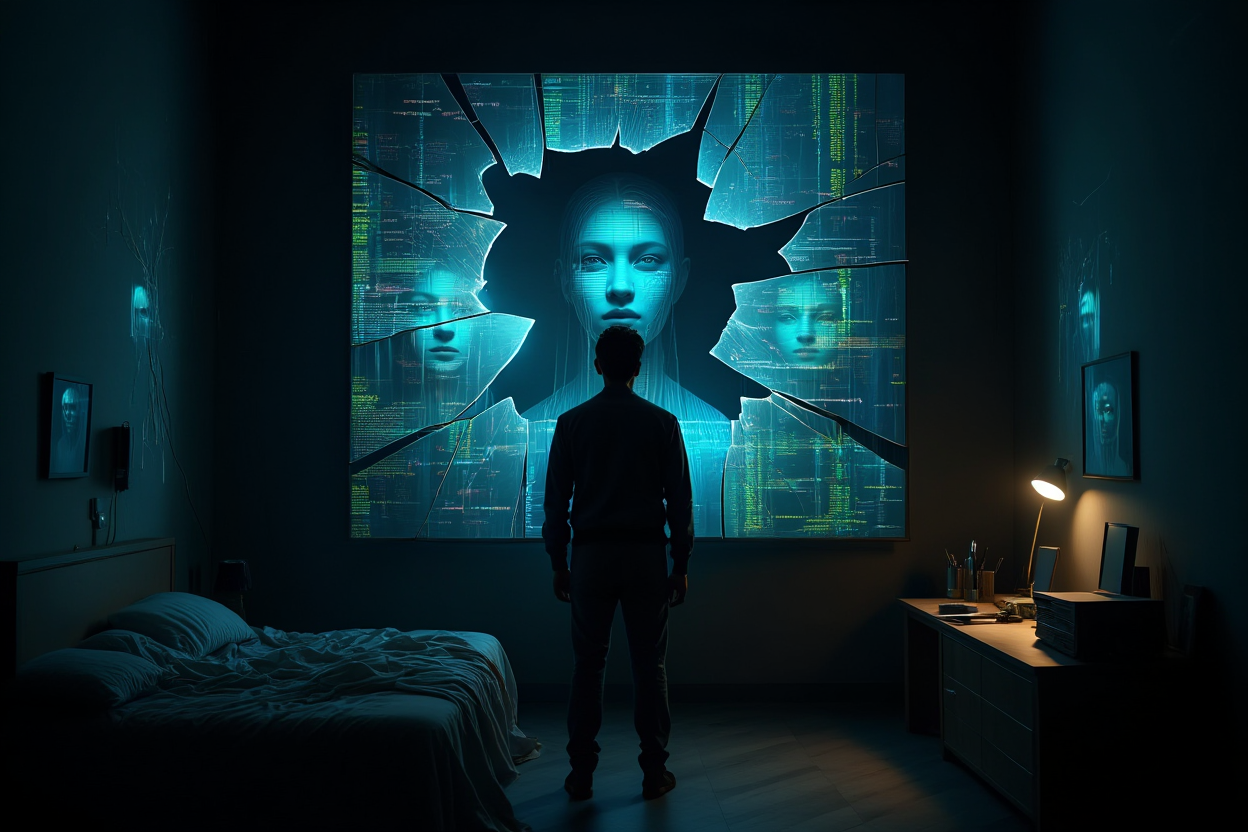We spend our time hunting down mistakes as if they were the enemy of progress. Yet without them, no knowledge would ever emerge, no learning would ever truly stand. Error is the quiet engine of all intelligence.
The problem begins when we confuse it with deception, and when we project onto our machines the fantasy of a perfection we have never managed to reach ourselves. Without awareness of our own biases, artificial intelligence can only become a magnifying mirror of our blind spots.
This article invites a step aside, not to condemn technology, but to recall one simple and demanding truth: it is not the machine that must become perfect, it is our gaze on our own limits that must become clearer.




